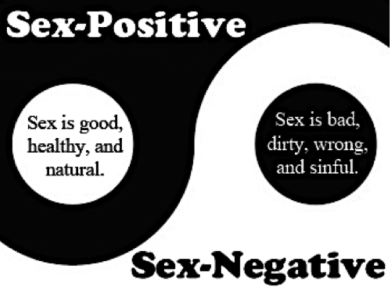By Riya Gopal
A few days ago, one of the girls in my group chat suggested we all take the Rice Purity Test. For those unfamiliar, it is an online test created by Rice University designed to evaluate one’s “innocence” on worldly matters, mostly involving sex, drugs, or criminal activity. After taking the test, you are provided with a number between 0 and 100, with a lower number being indicative of impurity. I had taken the test before, but wanted to take it again to see if my number had changed. So, I pulled up the test and began.
What’s crazy to me is what happened next. After seeing my score, my stomach dropped. I had lowered a few points since previously taking the test, and I felt this wave of shame overcome me. I felt dirty. I went onto the group chat and saw my friends sharing their numbers, all of them equally embarrassed. While scrolling through the chat, I realized something. The girls were experiencing shame regardless of if their numbers were low or high. One girl was ashamed of her 30. Another girl was ashamed of her 80. There was no number that felt right. There was no winning.
The implications of this test are deleterious to self-image. As human beings, our experiences do not have to define us. Carrying around a number that signifies past experiences in relation to our purity is an intangible but heavy burden. These labels of being a “prude” or “slutty” are subliminal byproducts of how we perceive ourselves after taking this test. Why are we making sexual activity, something that is supposed to be a natural and enjoyable act, a contamination to our being? Why should a criminal past define those who have changed and grown since?
Purity should not be defined by your past, but rather by the philanthropic and kindhearted measures you take in your day-to-day life. It does not matter how much sex you have had or how many drugs you have taken (as long as you are safe and healthy!!). What matters is the present moment, and how you use the goodness in your heart to impact those around you. That is what a pure being is.



